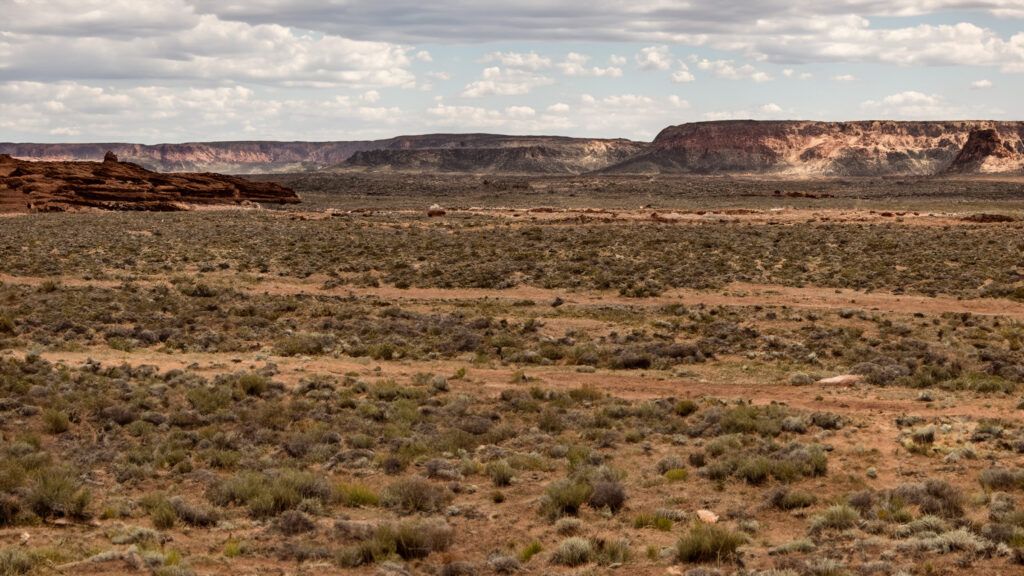Lone Star Resistance: Why Texas Stands Firm Against Cannabis Legalization

In the sprawling state of Texas, where conservative values intertwine with a fierce spirit of independence, the debate over cannabis legalization unfolds in a complex tapestry of political, social, and cultural threads. Despite a national trend toward legalization, Texas remains steadfast in its opposition, a stance rooted in deeply held beliefs and the unique political landscape of the Lone Star State. This article explores the multifaceted reasons behind Texas’s resistance to cannabis legalization, highlighting viewpoints from the state government, its residents, and the broader socio-political context that shapes this enduring opposition.
At the heart of Texas’s reluctance to legalize cannabis is the state’s conservative political culture, which prioritizes law and order and traditionally views drug legalization through a lens of caution and skepticism. Texas’s state government, predominantly controlled by the Republican Party, has historically opposed drug legalization as part of a broader tough-on-crime agenda. Legislators and state officials often cite concerns about public safety, the potential for increased drug use among minors, and the belief that cannabis serves as a gateway drug. This perspective is reinforced by influential conservative and religious groups within the state, which play a significant role in shaping public policy and opinion.
Moreover, the economic arguments that have swayed other states do not hold the same weight in Texas, a state with a robust economy bolstered by oil, agriculture, and technology sectors. Proponents of legalization in other regions often highlight the potential for additional tax revenue from cannabis sales. However, Texas officials and some residents argue that the state’s economic health does not necessitate this new source of income, suggesting that the potential societal costs could outweigh the financial benefits. This economic perspective is intertwined with a broader skepticism about the need to change the status quo, especially when the state continues to thrive financially.
Public opinion in Texas also presents a nuanced picture. While national surveys indicate growing support for cannabis legalization, the sentiment within Texas remains divided, with significant portions of the population expressing concerns about health, safety, and moral implications. This division is not just along political lines but also reflects generational, urban-rural, and cultural divides. Younger Texans, especially those in urban areas like Austin, Dallas, and Houston are more likely to support legalization, seeing it as a matter of personal freedom and social justice. In contrast, older residents and those in rural areas often view cannabis use as detrimental to societal values and community well-being.
Lastly, the path to legalization in Texas faces structural barriers. The state’s legislative process, which convenes its legislature only once every two years, coupled with stringent requirements for amending state laws or the constitution, makes any significant policy shift challenging. This procedural hurdle, combined with the strong influence of conservative lawmakers who are opposed to cannabis legalization, ensures that any move toward legalization is slow and fraught with obstacles.
In conclusion, Texas’s stance against cannabis legalization is the product of a complex interplay of political conservatism, economic considerations, public opinion, and legislative processes. While change is not impossible, the current socio-political landscape suggests that Texas will likely be among the last states to embrace cannabis legalization, maintaining its conservative stance in the face of shifting national attitudes.
